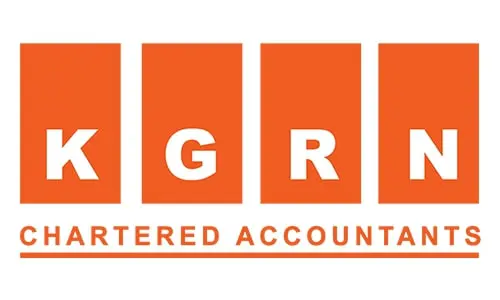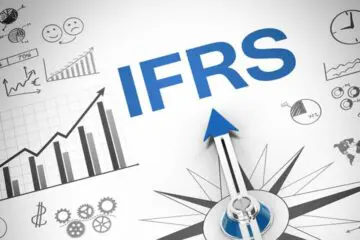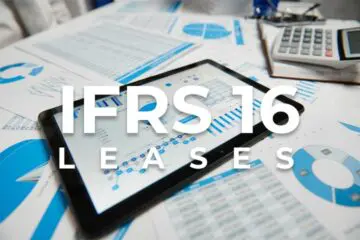The new standard, IFRS 16, brings more transparency and provides more accurate information about an organization’s assets, liabilities, and financial position.
What is IFRS 16?
IFRS 16 is a new accounting standard that will have a major impact on financial reporting for companies that lease assets. The standard was issued by the International Accounting Standards Board (IASB) in January 2016 and will be effective for annual periods beginning on or after 1 January 2019.
The main objective of IFRS 16 is to provide a more consistent and transparent treatment of lease accounting across different types of leases. Under the new standard, all leases will be accounted for in the same way, regardless of whether they are classified as operating or finance leases under current accounting standards.
This will have a significant impact on the way companies report their financial results. For example, companies that currently classify their leases as operating leases will see an increase in their reported debt levels and interest expenses, as well as a decrease in their reported profits.
The new standard will also have an impact on the accounting industry, as it will require accountants to have a greater understanding of leasing agreements and the way they are structured. This is likely to lead to an increase in demand for leasing experts within the accounting profession.
How Does It Impact The Accounting Industry?
The impact of IFRS can be divided into two parts. The first part is the change in the reporting system and the second part is the change in the accounting industry. The new reporting system will have a profound impact on the accounting industry.
The most significant changes will be in the way businesses report their financial statements. Businesses will need to use International Financial Reporting Standards (IFRS) when preparing their financial statements.
This means that businesses will need to hire accountants who are familiar with IFRS. The second part of the impact of IFRS is the change in the accounting industry itself. The accounting industry will need to adapt to the new reporting system.
This may mean that some accounting firms will need to merge with others in order to survive. The accounting industry will also need to educate its employees on IFRS and how to use it when preparing financial statements.
What Are The Implications For Financial Reporting?
The impact of IFRS on financial reporting is far-reaching. For public companies, the implications are significant. First and foremost, all public companies will need to report their financial statements in accordance with IFRS.
- This will require a great deal of planning and preparation, as well as a thorough understanding of the new standards. In addition, the impact on financial reporting will be felt beyond just the Balance Sheet and Income Statement.
- All disclosures related to financial statements will need to be updated to reflect IFRS requirements. This includes footnotes, management’s discussion and analysis, and other ancillary disclosure items.
- The adoption of IFRS will also have implications for accounting firms and other service providers that assist public companies with their financial reporting.
- These organizations will need to update their systems and processes to comply with IFRS. They will also need to train their staff on the new standards.
Conclusion
Overall, it is clear that the impact of IFRS on financial reporting has been significant. The accounting industry has had to make a number of changes in order to comply with the new standards, and this has led to increased costs for many businesses. However, there are also benefits to be gained from IFRS, such as improved transparency and consistency in financial reporting. In the long term, these benefits are likely to outweigh the initial costs associated with implementing the new standards.







